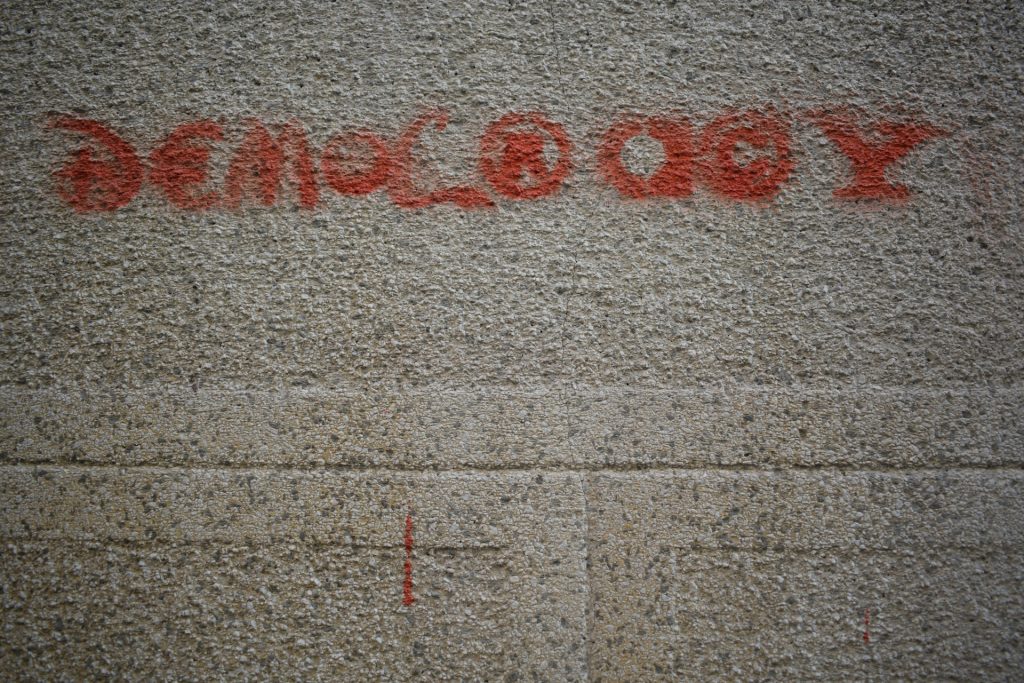
Photo by Marija Zaric on Unsplash
The term democracy comes from the Greek word demokratia, i.e. its roots demos (δημοz), which means ‘the people’, and kratein (κρατειν), which means ‘to rule’. Therefore, unlike autocracy and aristocracy, democracy is a form of government where the people rule.
In order for a political system to be called a democracy, it must meet certain conditions. In doing so, the eight procedural minimums of the American democracy theorist Robert Dahl are often used: 1) freedom of association, 2) freedom of expression, 3) active electoral right, 4) passive electoral right, 5) the right of political elites to compete for electoral votes and support, 6) the existence of alternative information sources, 7) free and fair elections, 8) institutions that conduct government policy depending on electoral votes and other forms of expression of citizen preferences.
In contrast, Adam Przeworski developed an unusual definition of democracy. For him, democracy is “a system of ruled open-endedness, or organised uncertainty”. In that sense, democracy is nothing more than a system that tries to deal with constant conflicts in one society through different interests, values and opinions. Political effects are not pre-determined or controlled by one actor, but arise from the actions of different actors, in competition with existing political forces. The constitutionally determined and democratically legitimised gradual rules and institutions limit these acts.
Sources:
Jakopovic, D. 2002. Demokratizacija u Hrvatskoj – pogled izvana, Diskrepancija, sv. III, broj 5-6, str. 51-60. Retrieved from: https://hrcak.srce.hr/file/263982
Šalaj, B., Hoffmann, D. & Horvat. M. 2018. Edukacija za građansku pismenost Gonga: Politička pismenost, Zagreb, Croatia. Retrieved from: https://gong.hr/wp-content/uploads/2021/05/PolitickaPismenostprirucnik_revizija.pdf